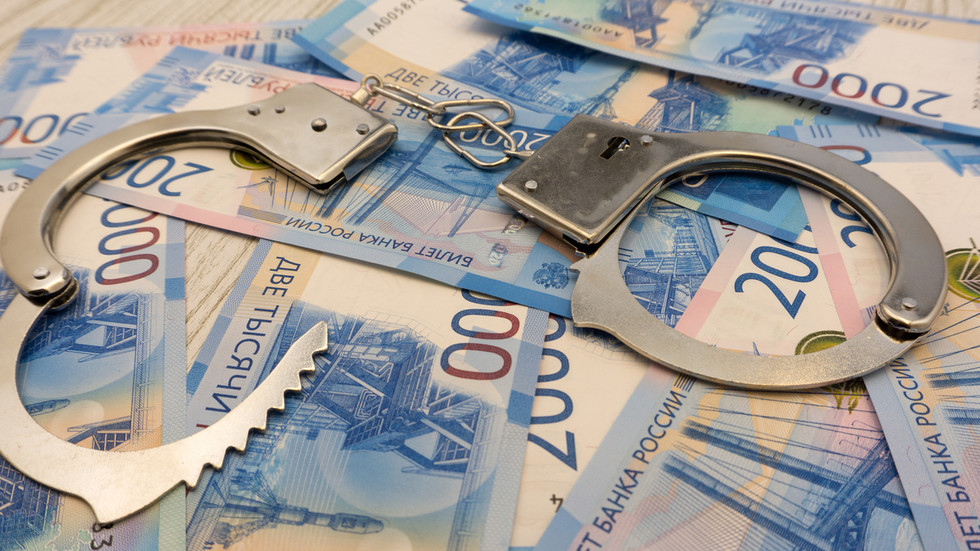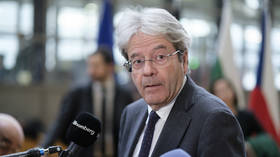
The EU has unanimously backed the idea of using profits from the funds to help Ukraine

© Getty Images / Vitaly Faritovich
The EU’s plan to seize the profits from frozen Russian assets and hand them over to Ukraine would be a gross violation of international law, the Foreign Ministry in Moscow has told RIA Novosti.
Belgium-based clearing house Euroclear, which holds an estimated €196.6 billion ($211 billion) in Russian assets, accumulated nearly €4.4 billion in interest from funds in sanctioned Russian accounts last year. EU ambassadors recently agreed to use the profits to support Ukraine. The proposal has yet to be approved by the European Council and would reportedly stop short of touching the assets themselves.
Russia, however, regards any actions against its sovereign assets and those belonging to its citizens and companies “as economic racketeering on the part of the collective West,” the Foreign Ministry stated on Saturday.
“[The EU’s] invention of openly fraudulent schemes for the seizure of income from Russian assets is dictated by the need to create the illusion of legitimacy over attacks on our property and thereby camouflage what is in fact an outright theft,” the ministry added.
It claimed that EU members “clearly do not want to continue paying for the doomed ‘Ukrainian project’ from their own wallets,” which is “why they are so tempted by the idea of spending funds stolen from our country to support the Zelensky regime.”

Last week, the EU agreed on a €50 billion aid package for Kiev over the next four years, although the decision was reached only after Hungary withdrew its veto amid pressure from Brussels. Meanwhile, a $60 billion US aid package for Ukraine has stalled in Congress, as Washington pushes for the confiscation of Russian assets to secure alternative funding.
In total, the US and its allies have frozen an estimated $300 billion in Russian assets and reserves since the start of the Ukraine conflict in 2022. Moscow has condemned the measures, warning of tit-for-tat responses and lawsuits.
For more stories on economy & finance visit RT’s business section




